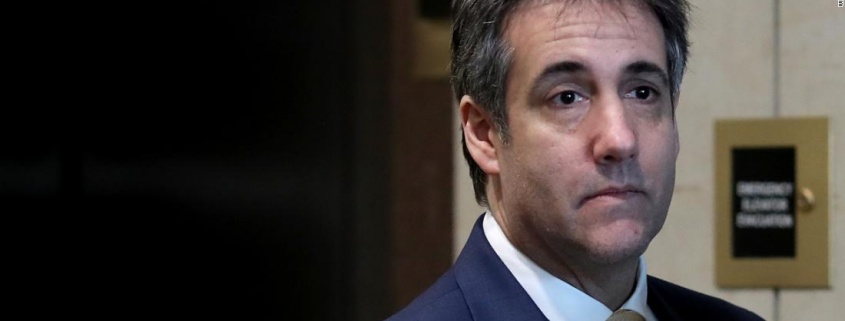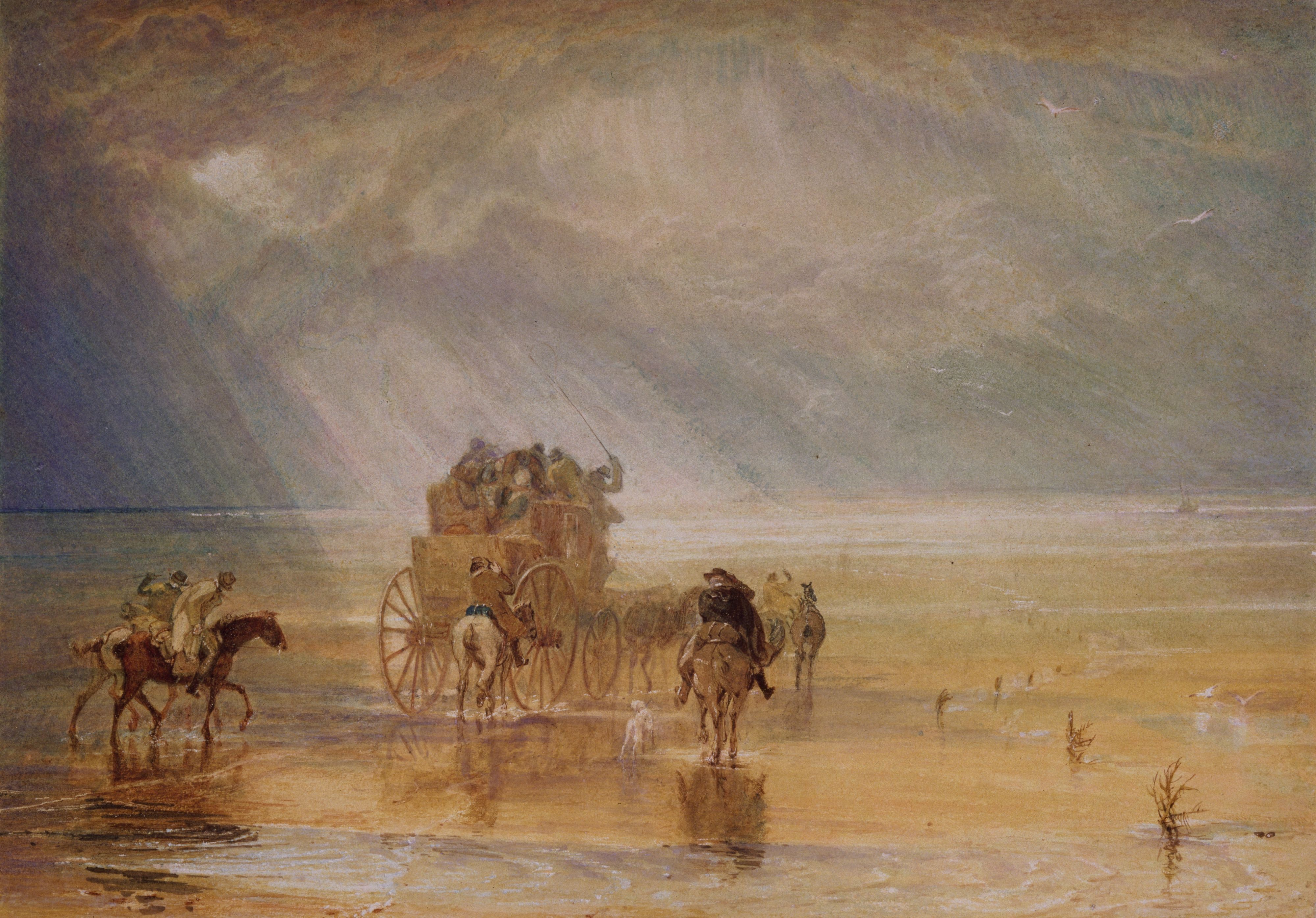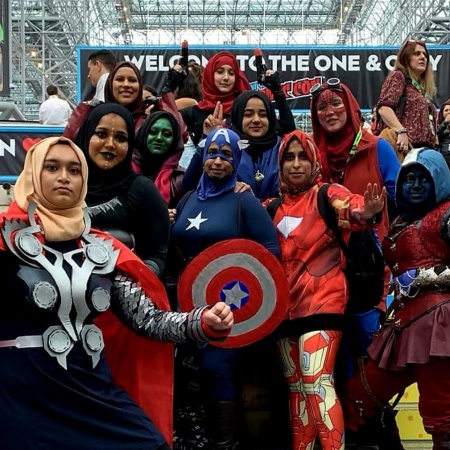Trump is under hot water from Cohen’s Testimony
by Aysha Qamar
Michael D. Cohen, President Donald Trump’s former personal lawyer and fixer, gave a contradicting testimony before a closed House Intelligence Committee hearing on Capitol Hill last month. Cohen pleaded guilty to several federal crimes, including lying to Congress on behalf of the President last year. He is scheduled to begin his three-year term in prison on May 6.
“I have fixed things, but I am no longer your ‘fixer,’ Mr. Trump,” Cohen said.
Cohen’s 20 paged prepared testimony depicted Trump as a racist con-man. While Cohen accused Trump of directing hush payments, lying about Russia and inflating his wealth, his most dramatic and remembered statement was regarding the 2020 elections.
At the end of his testimony Cohen said, “I fear that if he loses the presidential election in 2020, there will never be a peaceful transition of power.”
He was referring to the rising hate and white supremacist movement encouraged by the Trump administration. The 2020 election is one of utmost importance that has the potential to impact the future outcome of democracy for the United States. As hate crimes rise, with reports having increased over 17 percent since 2016, many Trump supporters encourage a divided Christian state.
According to the New York Times, the President’s “bold decisions to recognize the right of Israel over Jerusalem as its eternal capital, his denial of climate change and his push for Biblical teachings in school along with his world view that defines Islam as an evil religion are seen as essential steps to expedite the creation of a Biblical state.”
Cohen’s statement created the fear that violence against minorities will increase further if Trump loses the next election.
Cohen’s testimony proves to be a historical one providing Congress with further evidence against the President. Here are five key takeaways from the testimony.
1. The role of a “fixer”
A “fixer” is often thought to be a man who makes problems go away. In films, a “fixer” is portrayed as the discrete man who works to better dire situations. Cohen described himself as a version of this for Trump.
In his testimony, he explained to Congress a concept called “catch and kill,” a method of stopping negative press before it is published, in this case by working with the company that owns The National Enquirer. His duty as a fixer also included writing threatening letters to schools, to ensure the safety of the President’s academic records, and paying off a woman with compromising information about a presidential candidate, the New York Times reports.
“I wound up touting the Trump narrative for over a decade. That was my job. Always stay on message. Always defend. It monopolized my life,” Cohen said during the testimony.
“At first, I worked mostly on real estate developments and other business transactions. Shortly thereafter, Mr. Trump brought me into his personal life and private dealings. Over time, I saw his true character revealed,” Cohen added. “Donald Trump is a man who ran for office to make his brand great, not to make our country great. He had no desire or intention to lead this nation—only to market himself and to build his wealth and power.”
When Rep. Jackie Speier (D-Calif.) asked Cohen how many times Trump had asked him to threaten anyone on his behalf, Cohen replied “Quite a few times.”
2. Trump knew more about Russia than he led on
During his testimony, Cohen implied the president knew more about Russian links during the 2016 presidential race than he has admitted.
“Mr. Trump knew of and directed the Trump Moscow negotiations throughout the campaign and lied about it,” Cohen said in his opening statement.
He told the committee he had been with Trump when key events in the investigation into Russia’s involvement in the 2016 election were discussed. His testimony implied that the president was far more informed about Russian links during the 2016 presidential race than he has so far admitted, the Guardian reports.
Cohen said the first incident, occurred in June 2016, involved Cohen overhearing a conversation between Trump and his son Donald Jr. regarding a meeting being set. He referred to Trump asking, “How’s it going in Russia?” as his way of closely monitoring the Trump Tower Moscow dealings, which are currently being investigated by special counsel Robert Mueller.
The president has denied he had any prior knowledge of the meeting.
Cohen admitted that Trump never explicitly told him to lie about the matter, instead, since he had worked with the president for nearly a decade, Cohen understood a code signaling him to.
“At the same time I was actively negotiating in Russia for him, he would look me in the eye and tell me there’s no business in Russia and then go out and lie to the American people by saying the same thing. In his way, he was telling me to lie.”
Cohen also stated that the president’s lawyers reviewed his earlier false statements to Congress about the Moscow project.
3. Hush payments
Cohen confirmed the president had knowledge of the payments made to silence Stormy Daniels, the adult film actor who has alleged she had an affair with the President.
Cohen said he acquired a home-equity loan to pay $130,000 to silence Daniels just before the 2016 election. These payments, Cohen stated, were made in 11 installments in order to disguise the purpose of the transactions.
Cohen provided the committee with a copy of one of the installments, a $35,000 check signed by Trump from his personal bank account on 1 August 2017. Rep. Ro Khanna (D-Calif.) said this was the “smoking gun document” that proved criminal fraud, by hiding the purpose of company spending.
Cohen notably mentioned that the president instructed him to lie and say he “was not knowledgable of these reimbursements and he was not knowledgable of my [Trump’s] actions”.
“Oh, he knew about everything, yes,” he said. The aim was “to keep Trump as far away as possible.”
According to the Guardian, that statement could place the president in severe legal jeopardy under campaign finance laws that prohibit the use of secret funds for political gain.
4. The possibility of further investigations
In conversation with Rep. Raja Krishnamoorthi (D-Ill.), Cohen hinted at another investigation involving Trump.
“Is there any other wrongdoing or illegal act that you are aware of regarding Donald Trump that we haven’t yet discussed today?” Krishnamoorthi asked.
“Yes, and again, those are part of the investigation that’s currently being looked at by the Southern District of New York,” Cohen responded.
While Cohen did not detail what the investigations might entail, he hinted possible convictions of criminal fraud.
5. Speaking against people of color
Cohen confirmed the allegations that Trump has a racist nature. He said that Trump often made bigoted remarks about African-Americans in the United States and about predominantly black nations.
Last year, Trump came under fire after making the comment, “Why are we having all these people from shithole countries come here?” referring to immigrants from African countries, in conversation with lawmakers.


















2019
946 views
views
0
comments